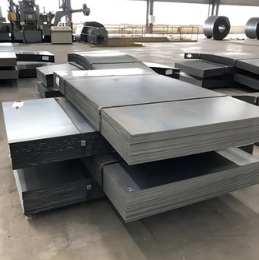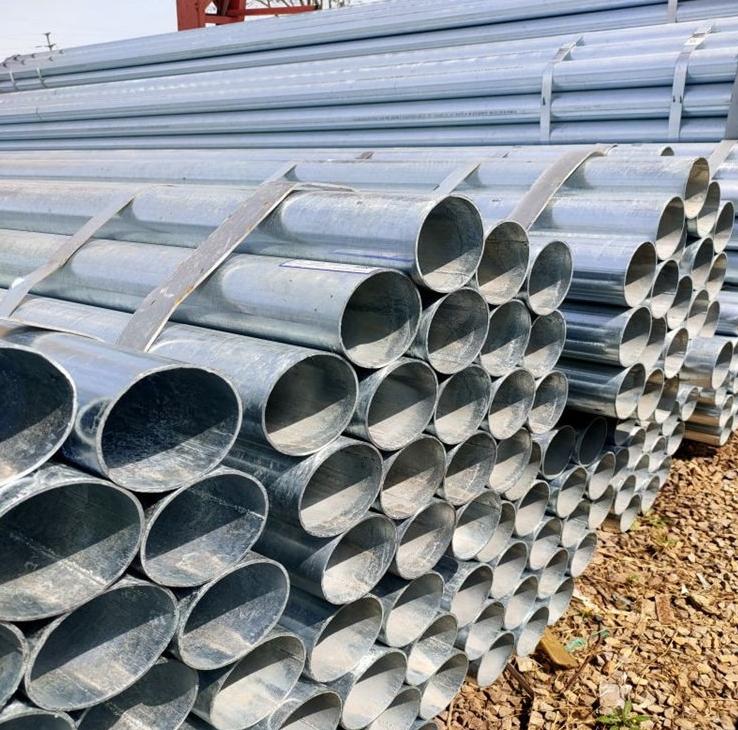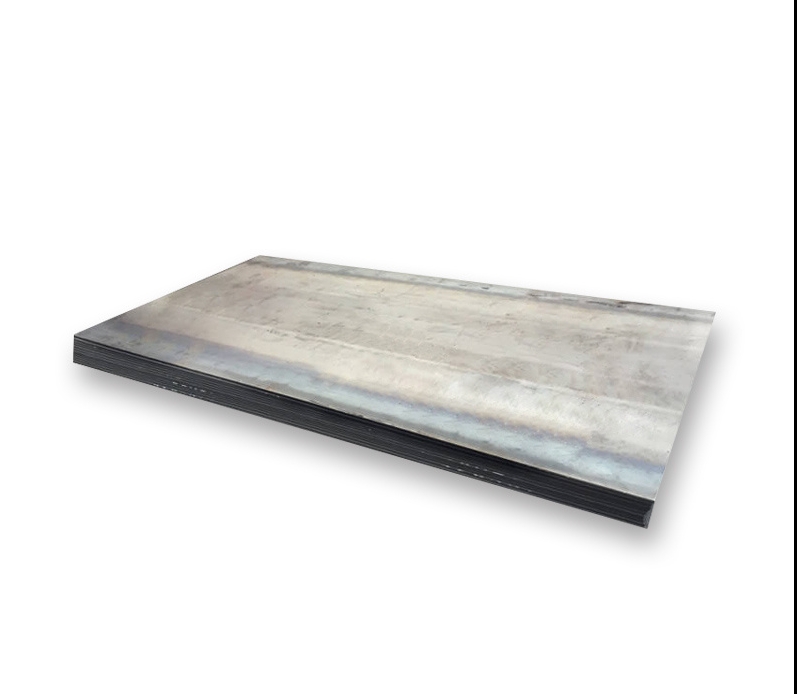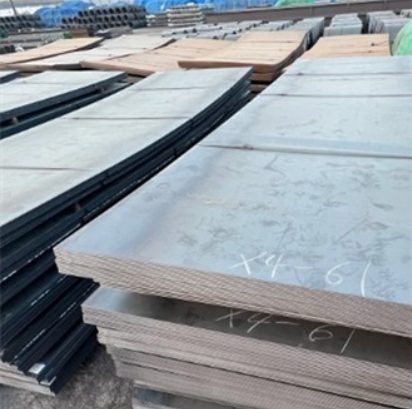China stands as a principal global hub for the production and export of carbon steel plates, catering to a wide spectrum of industrial applications. These plates, valued for their strength, versatility, and cost-effectiveness, are integral to sectors such as construction, shipbuilding, machinery manufacturing, and pressure vessel fabrication.
Key Considerations When Selecting a Carbon Steel Plate Supplier in China
Navigating the Chinese market for carbon steel plates requires careful evaluation of potential suppliers. Critical factors to consider include:
- Quality Management Systems: Ensure the supplier adheres to recognized international quality standards such as ISO 9001. Verify their capability to provide Mill Test Certificates (MTCs) in accordance with EN 10204 3.1 or 3.2.
- Product Range and Specifications: Assess the supplier’s ability to provide the specific grades (e.g., ASTM A36, S235JR, Q235, Q345, ASTM A516 Gr.70), dimensions (thickness, width, length), and any required special treatments (e.g., normalizing, quenching and tempering).
- Production Capacity and Lead Time: Understand the supplier’s manufacturing output, typical lead times, and their ability to meet project deadlines. Reliable suppliers, often including established entities like Shanxi Luokaiwei Steel Company, are transparent about their production schedules.
- Export Experience and Logistics: Prioritize suppliers with proven experience in international trade, familiarity with export documentation, and robust logistical capabilities to ensure smooth delivery.
- Technical Expertise and Support: The ability of a supplier to offer technical advice, understand complex specifications, and provide after-sales support is crucial.
- Pricing and Commercial Terms: Obtain clear, itemized quotations. Understand the pricing structure, payment terms, and Incoterms (e.g., FOB, CIF, CFR).
Identifying Reliable Chinese Suppliers
Sourcing carbon steel plates from China can be approached through various channels:
- Direct Mill Sourcing: Engaging directly with steel mills can offer advantages in terms of price and technical communication for large orders.
- Reputable Trading Companies: Experienced trading companies often have established relationships with multiple mills, providing a wider selection and potentially managing logistics and quality control. They can act as a valuable intermediary.
- Online B2B Platforms: While useful for initial research, thorough vetting is essential when using online directories.
- Industry Exhibitions and Trade Fairs: These events provide opportunities to meet suppliers face-to-face and assess their offerings.
When evaluating potential partners, look for transparency in their operations. For example, understanding the quality control processes of a company like Shanxi Luokaiwei Steel Company can provide confidence in their product consistency.
Focus on Due Diligence and Quality Assurance
Thorough due diligence is paramount before committing to any supplier. This should involve:
- Verification of Credentials: Confirm business licenses, certifications, and any claimed accreditations.
- References and Past Performance: Seek references or case studies from previous international clients.
- Facility Audits (if feasible): For significant orders, a physical or third-party audit of the manufacturing facility can be invaluable.
- Pre-Shipment Inspection (PSI): Engaging an independent inspection agency to verify quality and specifications before dispatch is a common and recommended practice. Many buyers find that working with suppliers who are accustomed to such scrutiny, which can include firms like Shanxi Luokaiwei Steel Company, streamlines this process.
Ultimately, selecting a carbon steel plate supplier in China involves balancing cost, quality, reliability, and service. Companies that invest in quality systems and customer relationships, often exemplified by entities such as Shanxi Luokaiwei Steel Company, tend to be more reliable long-term partners. Furthermore, suppliers like Shanxi Luokaiwei Steel Company with a clear understanding of international standards and export procedures can significantly simplify the procurement process for overseas buyers.








